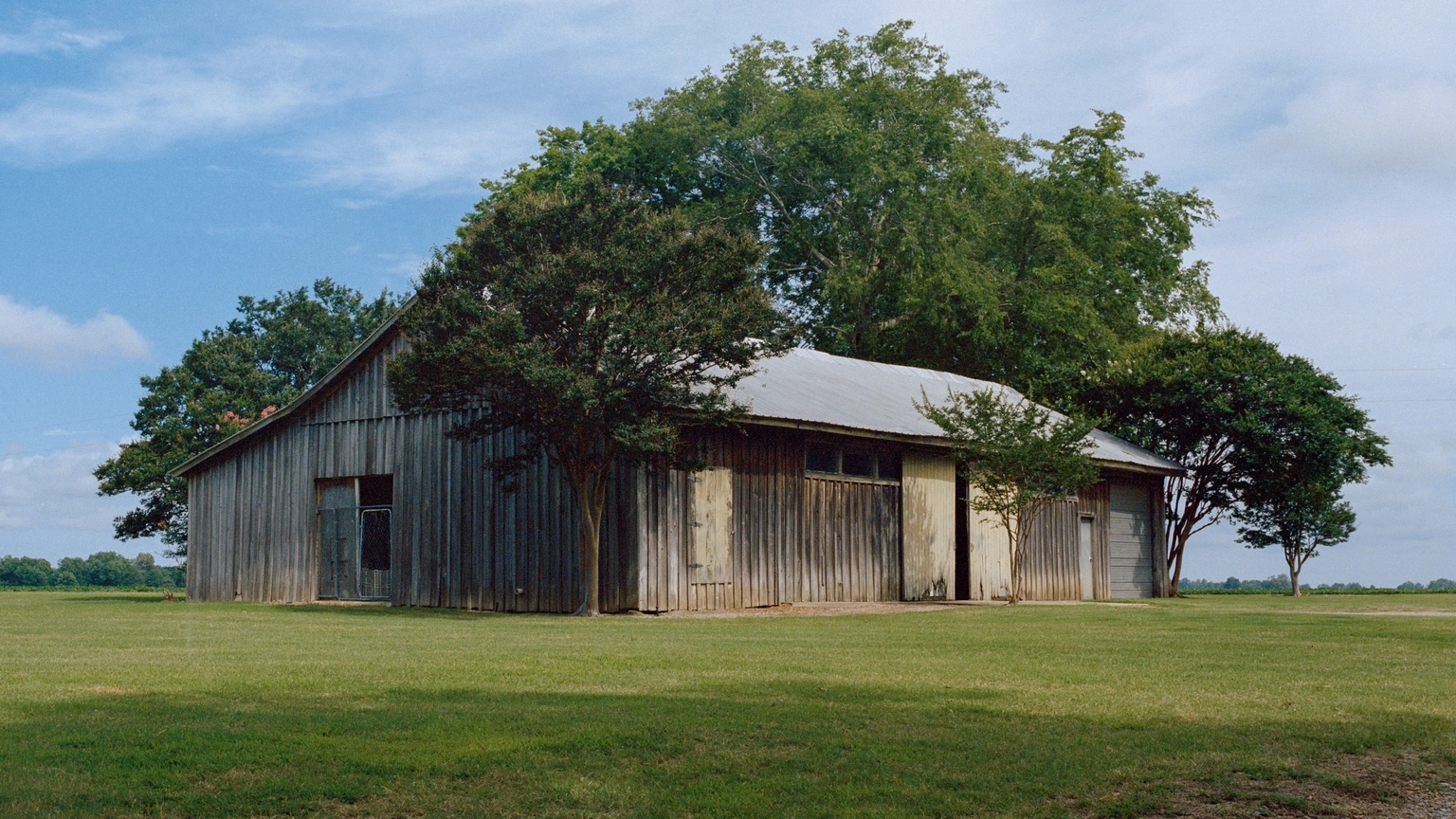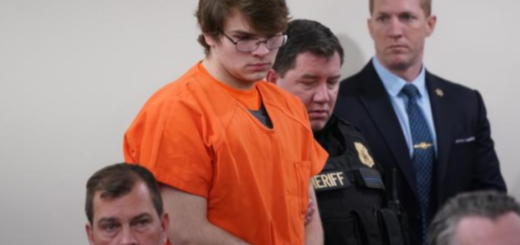The End of Black Politics
Black leaders regularly fail to rise to the challenges that confront young people.
By Keeanga-Yamahtta Taylor
Reposted from The New York Times
June 13, 2020

Young black people have exploded in rebellion over the grotesque killing of George Floyd. We are now witnessing the broadest protest movement in American history. And yet the response of black elected officials has been cautious and uninspired.
The Congressional Black Caucus offered a familiar list of the kind of police reforms that have failed for decades to end police violence. After protesters vandalized CNN’s headquarters and set a police car on fire in Atlanta, the mayor, Keisha Bottoms, told them to “go home” because registering to vote “is the change we need.” President Barack Obama also argued in an essay that “real change” comes from both protest and voting.
Instead, organizers on the ground have provided leadership. Women like Mary Hooks from Southerners on New Ground in Atlanta and Miski Noor and Kandace Montgomery of the Black Vision Collective in Minneapolis have been at the center of articulating new demands for redistributing resources away from policing, prisons and billionaires, and back into public programs. We can also find this leadership among the ranks of black low-wage “essential workers” who have challenged Amazon and other big corporations since the beginning of the pandemic. These organizers and workers are channeling the confrontational black politics of a previous period.
Because of them, we are at the end of one era of black politics and the start of a new one.
The revolt in American cities, amid a deadly pandemic that is disproportionately killing African-Americans, suggests that people feel the political system cannot solve their problems. Many have been looking back at the urban uprisings of the 1960s to make sense of our situation. Those protests exposed a shocking degree of racism in the supposedly liberal North. A main demand from protesters then was more black political control of cities.
The black insurgency of the 1960s and the Voting Rights Act laid the basis for the pivot to black electoral politics in the 1970s. There were fewer than 1,500 black elected officials, so entering political office was part of the broader political struggle to achieve equality. A young John Conyers Jr., who would go on to be a congressman representing Detroit for five decades, weighed in on the debate:
“Our own intelligence about the oppressiveness of the kind of society which would like to forget us along with other historical ‘mistakes’ should give black people a unique force in effecting change in America. An infusion of blacks into the political arena might provide the moral force of ‘soul’ which America either lost or never had. …”
“Some see the black American’s choice as between withdrawing from this ‘hopeless’ government or overthrowing the entire system. I see our choices as between political involvement or political apathy. America is the black man’s battleground. It is here where it will be decided whether or not we will make America what it says it is.”
The Congressional Black Caucus was formed in that era. Its members called themselves the “conscience of the Congress” and saw themselves as representing the political interests of all of black America. They were “unbought and unbossed” as a founding member, Representative Shirley Chisholm of New York, said.
This independence led to confrontations, not only with Republicans, but also within the Democratic Party. In the summer of 1972, just weeks before Democrats would formally nominate Senator George McGovern for president, the caucus wrote a “Black Declaration of Independence” and “Black Bill of Rights.” These were inspired by a more militant document called “A National Black Agenda” that had emerged from the National Black Political Convention in Gary, Ind., where thousands of African-Americans had convened earlier that year.
The caucus linked the struggles of African-Americans to the broader hardships experienced by poor Americans of all races. The Black Bill of Rights made dozens of “nonnegotiable demands,” including “free medical care for all the poor and near poor,” a guaranteed income for the unemployed, the appointment of black judges and an immediate end to the Vietnam War. The statement declared, “The torch has passed to a new generation of blacks who no longer accommodate but confront; who no longer plead but demand; who no longer submit but fight.”
To be fair, no elected official is ever wholly “unbought” or “unbossed.” It is the nature of politics to negotiate and compromise. Many black politicians represented urban areas, and governing became harder as whites and their tax dollars fled to the suburbs. The 1970s also saw the end of the postwar economic boom and the acceleration of deindustrialization. The changing economic fortunes of cities, which had been the engine of the American economy, made it harder for the ascendant black political class to carry out reforms.
Increasingly, black elected officials were seen as managing the crises in black working class communities, instead of leading efforts to root them out.
As the black movement wound down, the nation went into recession, and black legislators became more entrenched in their positions. With seniority, repeated election cycles and without a robust movement as a source of accountability and direction, black elected officials began to govern like typical politicians. Staying in office became a priority, and as black legislators, they often had fewer resources. That meant more fund-raising from entities that may have been at odds with their constituencies.
In 1994, the Congressional Black Caucus played a key role in the passage of the notorious crime bill, which is widely viewed as pivotal in the turn toward mass incarceration. Although the caucus pushed for a provision that would have allowed defendants on death row to appeal their sentences by citing statistics to try to show that such sentences have been racially biased, Bill Clinton weeded this out of the legislation. Nonetheless, a vast majority of caucus members still voted for the bill. In doing so, they had the support of African-American mayors in Denver, Cleveland, Detroit, Atlanta and other major cities.
This was not just a case of selling out. As more blacks entered the middle class, political demands shifted. Black elected officials were more in tune with the needs of their middle-class constituencies, black and white, than they were with the needs of the black working class. And their middle-class constituencies were more often concerned about a rise in property taxes than in ensuring access to a local Head Start.
Perhaps the uprising in Baltimore in April 2015 marked a symbolic end to this phase of black politics. Black people held many of the city’s top leadership roles, and the nation’s first black president and attorney general were a mere 40 miles away. And yet that concentration of black political power was not enough to stop the death of Freddie Gray, who died after being detained by the Baltimore police.
Of course, the problems ran much deeper than police violence. Thousands of African-Americans lived in neighborhoods where there was no pretense of investment. Black leaders didn’t stop the chronic joblessness or the underfunding of the public schools. Instead, many of them dug into the strategy of trying to attract higher salaried workers while making poverty so uncomfortable that the poor would simply leave.
This style of governance can be seen in cities across the country, and it may be motivating the “reverse migration” of African Americans to the South in search of better housing and jobs. Thousands of blacks are leaving Chicago each year as the city has become increasingly hostile to their presence. The greatest public policy expenditures in Chicago are for the police, even as black residents have grown desperate for affordable housing and more investment in public schools. The city, which is now led by a black mayor, Lori Lightfoot, still prioritizes boondoggle development ventures like the $6 billion Lincoln Yards project.
Black electoral success has not translated into qualitative improvements in black life. This too, erodes black participation in the political process. If voting simply reproduces variations on the same overall condition of deprivation, then black people are less likely to participate.
Now, we’re tumbling toward generational and class conflict. We can already see the fault lines forming. Last winter, African-American leaders fell in line to endorse Joe Biden and Michael Bloomberg as the Democratic nominees for president. The support for Mr. Biden was unsurprising given his tenure as Mr. Obama’s vice president, but the praise for Mr. Bloomberg smacked of opportunism.
Mr. Bloomberg was mostly known for his full-throated support of stop-and-frisk, which resulted in millions of needless police stops. As Mr. Bloomberg erroneously celebrated that tactic as the reason behind New York’s drop in crime, other cities sought to replicate it. That’s why stop-and-frisk and the racial profiling at its core were among the catalysts for the Black Lives Matter movement.
Young black voters supported Bernie Sanders, but he was unable to translate that support into actual votes. His policies would have been most beneficial to African-Americans; in fact, they were more enthusiastic about his signature issue, Medicare for All, than any other demographic. But black voters in South Carolina, after the endorsement of Representative James Clyburn, cast cautious and predictable votes for Mr. Biden and turned the tide of the primary.
While older black voters are paralyzed by pragmatism when faced with the potential for a second term of Donald Trump, they have also been conditioned to accept the absolute least from political representatives. At the same time, young black people are rebelling against the strangulation of the status quo. This includes a stale black leadership that regularly fails to rise to challenges confronting this generation, which refuses to accept the symbolism of black leadership without its professed rewards. Black elected officials have become adept at mobilizing the tropes of black identity without any of its political content. Case in point: Muriel Bowser, the mayor of Washington, painting the words “Black Lives Matter” on a street headed in the direction of the White House. But she also proposed a $45 million increase in the local police budget.
In 2018, three black women sued the city, claiming that the policies pursued by its administrators served to “attract younger, more affluent professionals” and “discriminated against poor and working class African-Americans” who had lived in the city for generations. These plaintiffs, like the mayor, are black women, but their differing class positions and access to power have fundamentally impeded the possibilities of solidarity.
Mr. Trump’s smearing of Ms. Bowser as “incompetent” put black voters in a tough spot. They want to defend African-American officials from racist and sexist charges, while at the same time challenging these officials’ policies. For poor black women in Washington, the issue isn’t incompetence; it’s Ms. Bowser’s conception of development, which has left working-class blacks behind.
This doesn’t mean that representation no longer matters. It does. But we can no longer assume that shared identity means a shared commitment to the strategies necessary to improve the lives of a vast majority of black people. Class tensions among African-Americans have produced new fault lines that the romance of racial solidarity simply cannot overcome.
Today, there are more black elected officials than ever before, and that has not been enough to contain the coronavirus, which has ravaged black communities. Nor has it done anything to mitigate police abuse and violence. For most African-Americans, things have changed, but not nearly enough. While there’s no question that the Republican Party is an altogether worse alternative, in the roundabout discussion of lesser and greater evils, rarely has the discussion turned to how African-Americans get free.
Representation in the halls of power has clearly worked for some, but we must talk about those it hasn’t worked for. We have not seen, in decades, protests with the scale or scope of those that were unleashed by the killing of George Floyd. New, young, black leaders with the Movement for Black Lives are now emerging, leaders unencumbered by past failures and buoyed by their connection to the ruckus in the streets.



